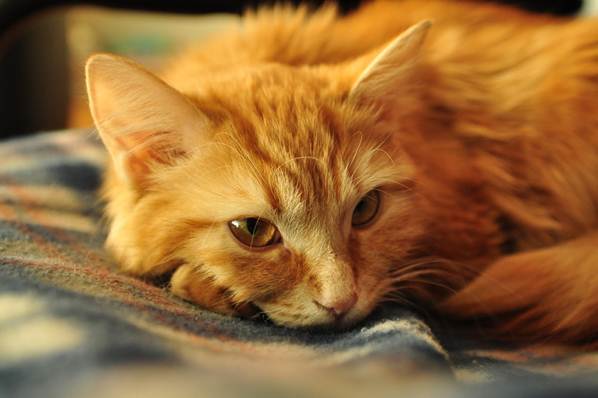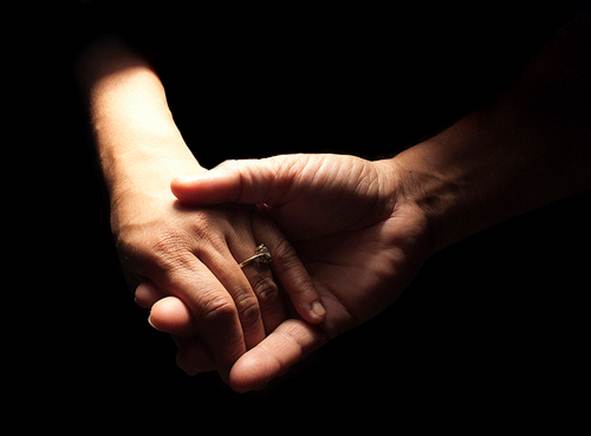We put this summer’s most talked-about life-coaching
book, The Tools, to the test
Every so often, a book comes along that crosses over from
the self-help shelves and becomes a phenomenon, giving us a new perspective on
some of the problem life has a nasty habit of throwing at us. It’s about to
happen with the release this month of The Tools (Vermilion, £14.99), a
reinvention of the classic self-help manual that has had the Easy Living
office buzzing ever since it landed on our desks. The Tools was conceived when
psychotherapist Barry Michels realized something about the patients who problems
in their lives. Generally, these issues – a chronic lack of confidence, say, or
a phobia – had spiraled out from something difficult that had happened to them.
Often these patients could identify why an experience had made them the way
they were. But that didn’t necessarily enable them to change long-ingrained
patterns of behaviour. And so Michels and his co-author, Phil Stutz, came up
with The Tools: practical exercises his patients could use to find a way
through their issues. So, do they work in practice? There are five tools in the
book; we have chosen three we think are the most useful and have asked writers
with recurring life problems to try them out. But did they make a difference?
Read on…

Self-help
sensation
Anna Maxted
The Tool: Active love
The Goal: To let go of resentment
I’ve always believed forgiveness comes from the heart, not
the head. You can’t decide to forgive; it’s an emotion, not a choice. But my
heart seems to cling to every little grudge, weighing me down with sour
feelings. I still feel cold fury towards the gravedigger who chewed gum as he
buried my father 15 years ago. I still resent the couple who didn’t take their
screaming baby out as I said my wedding vows in 1997. This is not a good way to
live – it doesn’t endow you with a happy-go-lucky zest for life. But the habit
is ingrained. And so I was highly dubious about the Active Love tool, which
promises to fix the problem, apparently freeing me up to move from gnarly old
resentment to love.

To let go of
resentment
I’m often tenderly nursing several oversized grudges, but
the most corrosive current one was the resentment I’d been feeling towards my
husband, Phil, since the death of our cat a month ago. Disco was a stunning,
15-year-old tiger-striped Bengal and, in an emotional sense, my first child.
Having three children did little to diminish my affection for him. On the night
of his death, I lay in bed and cried. At the same time, Phil’s aunt was
desperately ill. “I don’t mean to imply that this is a comparable grief”, I
told Phil. He replied,, “I know – I also loved that cat. It’s just another bad
thing.”

I’m often tenderly
nursing several oversized grudges, but the most corrosive current one was the
resentment I’d been feeling towards my husband, Phil, since the death of our
cat a month ago.
Brave words, but when it came down to it, Phil couldn’t
stomach the sound of my sobs over an animal when his aunt was gravely unwell.
The next morning, he told me he’d found my behaviour ‘disturbing’. I was stung
and, as I saw it, my emotions didn’t matter to Phil. I respected his; why
couldn’t he respect mine?
I couldn’t get past his dismissal of my pain and we argued,
Phil shouting, “Not one person would be on your side!” Rationally, I could
agree, but my resentment festered and I emotionally withdrew. For two weeks, we
barely nodded hello. My grudge had me trapped, bristling, in what The Tools author
Michels and Stutz call The Maze – an unforgiving state that makes
reconciliation impossible. Their diagnosis of my state of mind: a childish
belief that the world should treat me fairly; and a huge
relationship-sabotaging sulk when this was not the case.
At first, I snorted at the Active Love tool. It told me to
feel my heart expand to encompass the world of infinite love surrounding me,
focus on the person who had wronged me and send them all the love from mu chest
and feel the love enter them until I sensed a ‘Oneness’ with that person. Really?
Direct such good feeling towards, say, the estate agent whose treachery cost us
an extra $15,000 when we bought our house? Well, perhaps not him. But wisely,
the authors note that, in a close relationship, there is usually a reserve of
goodwill, even if it is latent.
Even so, summoning love from a position of range is
extremely difficult. You must shift perspective, because in moving yourself to
a neutral- even positive place – you remove the other person’s power over you.
I tentatively applied it to someone who had road-raged me – and gosh, I liked
it. Let his blood boil, poor bloke, while I was cocooned in a bubble of
serenity.

Crucially, the
authors note that Active Love does not mean passivity but the opposite: it
allows you to be assertive and confront your nemesis without being spit-flecked
with rage.
Crucially, the authors note that Active Love does not mean
passivity but the opposite: it allows you to be assertive and confront your
nemesis without being spit-flecked with rage.
Despite needing Phil to accept my sorrow about the car, I
knew that in his position I’d have felt the same: don’t hog the grief when I am
raw with pain about a human being. I gently brought up the subject. He was
instantly tense; he found my behaviour so offensive, he could barely stand to
discuss its consequences. But I persevered – surprisingly easy, because in essence
I was now on his side. I felt the Oneness that the authors suggest is the Holy
Grail of forgiveness.
It was startlingly effective. Phil’s anger melted like snow
because he could see I genuinely understood him and wanted to resolve our
dispute. He admitted he’d been too harsh and I said I’d been insensitive.
Sitting there listening, talking honestly, felt like a wonderfully grown-up
place to be.
Invoking the Active Love tool was a turning point in our
marriage and how we’re argued ever since. As I relinquished my grudge and we
forgave each other fully and openly, we were instantly closer. And that’s a
feeling infinitely more rewarding than the silly, self-defeating satisfaction
of hanging on to a petty resentment.